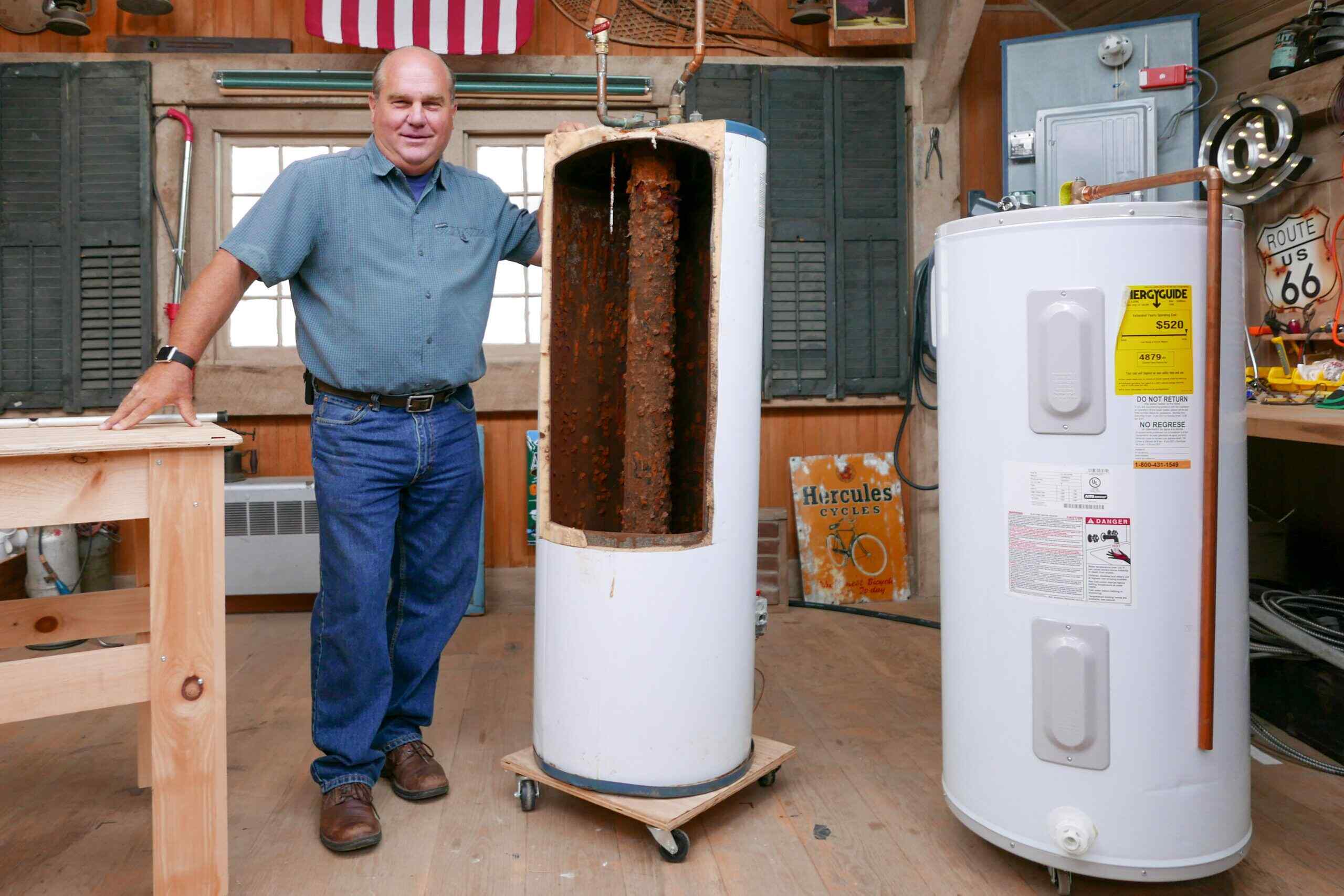

Articles
What Water Heater Should I Buy
Modified: January 8, 2024
Get expert advice on choosing the right water heater for your needs. Read our informative articles on different types of water heaters and make an informed decision.
(Many of the links in this article redirect to a specific reviewed product. Your purchase of these products through affiliate links helps to generate commission for Storables.com, at no extra cost. Learn more)
Introduction
When it comes to choosing a water heater for your home, there are several factors to consider. The right water heater can provide you with reliable hot water for all your daily needs, whether it’s for showers, washing dishes, or doing laundry. With various types of water heaters available on the market, it’s essential to understand their differences and choose the one that best suits your needs.
In this article, we will explore the different types of water heaters, including electric, gas, tankless, solar, and heat pump water heaters. We will discuss the key factors to consider when making your decision, such as size and capacity, energy efficiency, cost comparison, installation requirements, and maintenance tips.
Before diving into the specifics of each water heater type, it’s important to assess your hot water usage and needs. Consider the size of your household, the number of bathrooms, and the frequency of hot water usage. This evaluation will help you determine the appropriate size and capacity of the water heater you require.
Next, let’s explore the various types of water heaters and their unique features and benefits. By understanding the differences between these types, you can make an informed decision and choose the water heater that best fits your lifestyle and budget.
Key Takeaways:
- Consider energy source, size, and cost when choosing a water heater. Electric, gas, tankless, solar, and heat pump options offer unique benefits to meet your household’s hot water needs and budget.
- Regular maintenance, proper installation, and energy-efficient choices can optimize your water heater’s performance, extend its lifespan, and save on utility costs. Consult professionals for personalized advice.
Read more: What Type Of Mattress Should I Buy
Factors to Consider
Before purchasing a water heater, there are several important factors to take into consideration:
- Energy Source: The energy source for your water heater can have a significant impact on its efficiency and operating costs. The most common options are electricity, natural gas, propane, and solar power. Evaluate the energy availability and cost in your area to determine the most cost-effective and sustainable option.
- Size and Capacity: The size and capacity of the water heater should match the hot water demands of your household. Consider the number of bathrooms and appliances that require hot water simultaneously.
- Energy Efficiency: Energy-efficient water heaters can help reduce your energy consumption and save you money in the long run. Look for models with high Energy Factor (EF) ratings or ENERGY STAR certifications.
- Installation Requirements: Some water heaters may require specific installation requirements, such as venting or plumbing modifications. Ensure that you evaluate the installation costs and feasibility before selecting a particular type of water heater.
- Cost: Consider the initial purchase cost, as well as the long-term operating and maintenance costs of the water heater. While some types of water heaters may have a higher upfront cost, they could offer lower operating costs in the long term.
By carefully considering these factors, you can narrow down your options and make an informed decision when choosing a water heater. Now let’s delve into the different types of water heaters available on the market.
Types of Water Heaters
There are several types of water heaters to choose from, each with its own advantages and considerations:
- Electric Water Heaters: Electric water heaters use electricity to heat the water. They are commonly used in areas where natural gas or propane is not available. Electric water heaters are generally more affordable upfront but can be more expensive to operate depending on the cost of electricity in your area. They also require a dedicated electrical circuit and may have slower recovery times.
- Gas Water Heaters: Gas water heaters, powered by either natural gas or propane, offer faster recovery times and generally have lower operating costs compared to electric water heaters. They require a gas line and proper venting for safe operation. Gas water heaters are suitable for large households with high hot water demand.
- Tankless Water Heaters: Tankless water heaters, also known as on-demand water heaters, heat the water directly as it flows through the unit. They do not require a storage tank, providing limitless hot water supply and saving space. Tankless water heaters are more energy-efficient because they only heat the water when needed. However, they have higher upfront costs and may require additional plumbing modifications during installation.
- Solar Water Heaters: Solar water heaters use energy from the sun to heat the water. They are environmentally friendly and can significantly reduce energy costs over time. Solar water heaters consist of solar collectors and storage tanks. They may require additional space for installation and may be less effective in areas with limited sunlight.
- Heat Pump Water Heaters: Heat pump water heaters utilize heat from the surrounding air or ground to heat the water. They are highly energy-efficient and can save you money on energy bills. However, heat pump water heaters require a well-insulated space and may not be suitable for colder climates.
Consider the specific features, advantages, and limitations of each type of water heater before making your decision. It is also worth consulting with a professional to determine the best option for your needs and ensure proper installation.
Electric Water Heaters
Electric water heaters are a popular choice for many households, especially in areas where natural gas or propane is not readily available. These water heaters use electricity to heat the water stored in a tank and provide hot water on demand. Here are some key points to consider when it comes to electric water heaters:
- Efficiency: Electric water heaters can be highly efficient, especially those with high Energy Factor (EF) ratings. Look for models with insulation and energy-saving features to maximize efficiency and reduce energy consumption.
- Installation: Electric water heaters require a dedicated electrical circuit to ensure safe operation. This means that you may need an electrician to install or upgrade the circuit if your current electrical system cannot accommodate the water heater’s power requirements.
- Cost: Electric water heaters generally have lower upfront costs compared to other types of water heaters. However, it’s important to consider the long-term operating costs, as electricity rates can vary depending on your location.
- Recovery Time: Electric water heaters may have slower recovery times compared to gas or tankless water heaters. This means that if you deplete the hot water supply, it may take some time for the tank to heat up the new water to the desired temperature.
- Storage Tank Size: Electric water heaters come in various storage tank sizes, ranging from 20 to 120 gallons or more. Consider the size that best fits your household’s hot water needs for daily activities.
- Maintenance: Electric water heaters generally have fewer maintenance requirements compared to gas water heaters. However, it’s still important to flush the tank periodically to remove sediment buildup and ensure optimal performance.
When choosing an electric water heater, consider the size and capacity that can adequately meet your household’s hot water demands. Evaluate the energy efficiency, upfront cost, and long-term operating costs to make an informed decision. Consulting with a professional plumber or electrician can help you determine the right electric water heater for your home and ensure proper installation.
Gas Water Heaters
Gas water heaters are a popular choice for households that have access to natural gas or propane. These water heaters use gas as the fuel source to heat the water stored in a tank. Here are some important points to consider when it comes to gas water heaters:
- Efficiency: Gas water heaters are known for their efficiency and fast recovery times. Look for models with high Energy Factor (EF) ratings to ensure optimal energy efficiency and reduced operating costs.
- Installation: Gas water heaters require a gas line for fuel supply and proper venting for safe operation. Proper installation and venting are crucial to prevent the risk of carbon monoxide buildup. It’s recommended to consult with a professional plumber to ensure proper installation and compliance with local building codes.
- Cost: While gas water heaters may have a higher upfront cost compared to electric water heaters, they generally have lower long-term operating costs. The cost of natural gas or propane may vary depending on your location, so it’s important to consider the ongoing fuel expenses when making your decision.
- Recovery Time: Gas water heaters have faster recovery times compared to electric water heaters, allowing for a continuous supply of hot water even during peak usage times. This is beneficial for households with high hot water demands, particularly those with multiple bathrooms and appliances.
- Storage Tank Size: Gas water heaters come in various storage tank sizes, ranging from 30 to 75 gallons or more. Consider the size that best accommodates your household’s hot water needs and usage patterns.
- Maintenance: Gas water heaters require regular maintenance to ensure optimal performance and safety. This includes periodic flushing to remove sediment buildup, inspection of the gas line and venting system, and checking for any leaks or issues with the burner.
Before installing a gas water heater, it’s crucial to ensure that you have a gas line available and that proper venting can be achieved. Consulting with a professional plumber is highly recommended to ensure safe installation and compliance with local regulations. Gas water heaters are an excellent choice for households with access to natural gas or propane, offering energy efficiency, fast recovery times, and reliable hot water supply.
Read more: What Coffee Machine Should I Buy
Tankless Water Heaters
Tankless water heaters, also known as on-demand water heaters, have gained popularity in recent years due to their energy efficiency and continuous hot water supply. Unlike traditional water heaters, tankless models heat the water directly as it flows through the unit, eliminating the need for a storage tank. Here are some key points to consider when it comes to tankless water heaters:
- Efficiency: Tankless water heaters are highly efficient since they only heat the water when it is needed. This can result in energy savings compared to traditional water heaters that continuously heat and store hot water. Look for models with high Energy Factor (EF) ratings to ensure optimal efficiency.
- Endless Hot Water: With a tankless water heater, you won’t run out of hot water. These units can provide a continuous supply of hot water as long as there is sufficient flow rate. This is particularly advantageous for larger households with high hot water demands or for homes with multiple bathrooms.
- Compact Design: Tankless water heaters are space-saving as they do not require a bulky storage tank. This can be beneficial for homes with limited space or for those looking to maximize the use of valuable square footage.
- Longevity: Tankless water heaters generally have a longer lifespan compared to traditional water heaters. With proper maintenance and regular flushing to remove mineral deposits, tankless units can last up to 20 years or more.
- Installation Considerations: Installing a tankless water heater may require additional plumbing modifications. These units often require larger gas lines or upgraded electrical circuits to handle the increased demand. It’s recommended to consult with a professional plumber or electrician to ensure proper installation and compliance with local building codes.
- Cost: Tankless water heaters typically have a higher upfront cost compared to traditional water heaters. However, the long-term energy savings and extended lifespan can help offset the initial investment over time.
When considering a tankless water heater, it’s important to evaluate the hot water demands of your household. Determine the required flow rate and temperature rise to ensure the unit can meet your specific needs. Additionally, consult with a professional to assess the feasibility of installation and any necessary upgrades to your plumbing or electrical systems. Tankless water heaters offer energy-efficient and on-demand hot water, making them a popular choice for those seeking continuous hot water and enhanced efficiency in their homes.
Solar Water Heaters
Solar water heaters are an eco-friendly and energy-efficient option that harnesses the power of the sun to heat the water. These systems use solar collectors to absorb the sun’s energy and transfer it to the water stored in a tank. Here are some important points to consider when it comes to solar water heaters:
- Energy Savings: Solar water heaters can significantly reduce energy costs by utilizing free, renewable energy from the sun. By relying on solar power, you can decrease your dependence on traditional energy sources and reduce your carbon footprint.
- Availability of Sunlight: The effectiveness of solar water heaters depends on the availability of sunlight in your area. Regions with ample sunlight will benefit the most from solar water heating systems. However, even in areas with less direct sunlight, solar panels can still generate enough energy to supplement the heating process.
- Storage Tank: Solar water heating systems require a storage tank to hold the heated water. The storage tank can be either directly or indirectly heated, depending on the system design. It’s important to consider the size of the storage tank to meet your household’s hot water needs.
- Backup System: Solar water heaters may have a backup system, such as an electric or gas element, to provide hot water during periods of low sunlight or increased demand. This ensures a continuous supply of hot water, even when solar energy is limited.
- Installation and Maintenance: Solar water heaters require professional installation to ensure proper positioning of the solar panels for maximum sun exposure. Regular maintenance, such as cleaning the solar collectors and checking for leaks, is necessary to maintain their efficiency and effectiveness.
- Cost: The upfront cost of installing a solar water heater can be higher compared to traditional water heaters. However, over time, the energy savings can help offset the initial investment. Additionally, there may be government incentives or tax credits available for installing solar systems, which can further reduce the overall cost.
Before opting for a solar water heater, assess the amount of sunlight your location receives throughout the year and evaluate the potential energy savings. Consult with a professional solar installer to determine the system size and design that best suits your household’s hot water needs. Solar water heaters offer a sustainable and cost-effective way to heat water by utilizing the power of the sun.
When choosing a water heater, consider the size of your household, energy efficiency, and the type of fuel available in your area. A tankless water heater can save space and energy, while a traditional tank heater may be more cost-effective upfront.
Heat Pump Water Heaters
Heat pump water heaters are an energy-efficient option that extracts heat from the surrounding air or ground to heat the water. These systems work similarly to heat pumps used for air conditioning but are specifically designed for water heating purposes. Here are some key points to consider when it comes to heat pump water heaters:
- Energy Efficiency: Heat pump water heaters are highly efficient, as they utilize heat energy from the environment to heat the water instead of relying solely on electricity or gas. This can result in significant energy savings compared to traditional water heaters.
- Installation Considerations: Heat pump water heaters require proper installation in a well-insulated space. They draw heat from the surrounding air or ground, so they perform more efficiently in areas with moderate temperatures. In colder climates, additional insulation may be necessary to optimize performance.
- Operating Costs: While heat pump water heaters are energy-efficient, it’s important to consider the operational costs. Electricity is still required to run the heat pump, and the efficiency can vary depending on the model and ambient temperature. Compare energy consumption and associated costs with other types of water heaters to make an informed decision.
- Storage Tank Size: Heat pump water heaters come in various sizes to accommodate different household needs. Consider the size of the storage tank based on your hot water usage and the number of individuals in your household.
- Noise Level: Heat pump water heaters may generate some noise during operation due to the compressor and fan. Consider the location of the unit to minimize any potential disruption caused by the noise.
- Maintenance: Regular maintenance is required to ensure the optimal performance of heat pump water heaters. This includes cleaning or replacing filters, checking the refrigerant levels, and inspecting the system for any leaks or malfunctions.
Before installing a heat pump water heater, assess the suitability of your location and the ambient temperature range for optimal performance. Consulting with a professional installer can help determine the right size and type of heat pump water heater for your specific needs. Heat pump water heaters offer an energy-efficient and environmentally friendly solution for hot water needs, providing long-term cost savings and reduced carbon footprint.
Size and Capacity
When it comes to choosing the right water heater, determining the appropriate size and capacity is crucial. The size and capacity of a water heater refer to its ability to provide an adequate supply of hot water based on the needs of your household. Here are some important points to consider:
- Number of Bathrooms and Appliances: Consider the number of bathrooms and the hot water demands of various appliances in your home. A larger household with multiple bathrooms and appliances will require a water heater with a higher capacity to meet the demand.
- Gallons per Minute (GPM): The flow rate of hot water is measured in gallons per minute (GPM). Calculate the total GPM needed in your household by considering the simultaneous use of showers, faucets, and other appliances that require hot water. This will help determine the necessary capacity of the water heater.
- First Hour Rating (FHR): The First Hour Rating (FHR) indicates the amount of hot water a water heater can provide in the first hour of operation. It takes into account the storage capacity and recovery rate of the water heater. Consider the FHR when determining if the water heater’s capacity meets your household’s peak hot water usage.
- Storage Tank Size: Traditional water heaters typically have storage tanks that range in size from 20 to 120 gallons or more. Choose a storage tank size that can accommodate your household’s hot water needs without excessive wastage or running out of hot water during peak usage times.
- Tankless Considerations: Tankless water heaters provide hot water on demand, but their capacity is determined by the flow rate. Select a tankless water heater with a flow rate that meets or exceeds your household’s total GPM requirement during peak usage.
It’s essential to strike a balance between sizing the water heater appropriately and considering the operating costs. An oversized water heater can result in unnecessary energy consumption, while an undersized water heater may not be able to provide enough hot water during peak demand. Consulting with a professional plumber can help determine the ideal size and capacity based on your specific hot water needs and usage patterns.
Read more: What Hand Tools Should I Buy
Energy Efficiency
When selecting a water heater, considering its energy efficiency is essential. An energy-efficient water heater not only helps reduce energy consumption but also lowers your utility bills. Here are some important points to consider regarding the energy efficiency of water heaters:
- Energy Factor (EF) Rating: The Energy Factor (EF) rating is an indicator of a water heater’s energy efficiency. It measures the overall efficiency of converting energy input into hot water output. Higher EF ratings signify greater efficiency, meaning more energy is used to heat the water rather than wasted as heat loss.
- ENERGY STAR Certification: Look for water heaters with the ENERGY STAR certification. ENERGY STAR qualified models are highly efficient and meet strict energy efficiency guidelines set by the U.S. Environmental Protection Agency. Choosing an ENERGY STAR certified water heater can help you reduce energy consumption and potentially qualify for energy-saving rebates or incentives.
- Insulation: Adequate insulation is crucial for minimizing heat loss in water heaters. Insulated tanks and pipes help maintain the temperature of the stored water, reducing the frequency of heating cycles and saving energy. When selecting a water heater, consider models with good insulation to maximize energy efficiency.
- Technology: Some water heaters employ advanced technologies to maximize energy efficiency. For instance, heat pump water heaters utilize heat from the air or ground, while condensing gas water heaters recover heat from flue gases. These technologies improve efficiency by extracting and utilizing heat that would otherwise be wasted.
- Temperature Controls: Look for water heaters with precise temperature controls. Being able to set the water temperature to desired levels helps avoid excessive heating and reduces energy waste. Additionally, some models offer programmable or smart controls that allow you to schedule hot water usage, further optimizing energy efficiency.
- Operational Schedule: Consider the daily hot water usage patterns in your household. If you have periods of low hot water demand, such as during vacations or long absences, you may benefit from water heaters with vacation or energy-saving modes. These modes reduce the energy consumption during idle periods to enhance overall efficiency.
By choosing an energy-efficient water heater, you can not only lower your energy bills but also contribute to conserving natural resources and reducing greenhouse gas emissions. Look for water heaters with high EF ratings, ENERGY STAR certification, and advanced technologies to maximize energy efficiency in your home.
Cost Comparison
When selecting a water heater, it’s important to consider the costs associated with both the upfront purchase and the long-term operation of the unit. Here’s a breakdown of the different costs to consider when comparing water heaters:
- Upfront Costs: The initial purchase price of a water heater can vary depending on the type, brand, and capacity of the unit. Generally, electric water heaters have a lower upfront cost compared to gas, tankless, or solar water heaters. However, it’s important to consider the long-term cost savings and energy efficiency of the unit as well.
- Operating Costs: The operating costs of a water heater include the energy or fuel required to heat the water over time. Electric water heaters typically have higher operating costs due to the cost of electricity. Gas and tankless water heaters tend to have lower operating costs since natural gas or propane is often less expensive than electricity. Solar and heat pump water heaters have the potential for the lowest operating costs as they rely on renewable energy or heat extraction from the environment.
- Maintenance and Repairs: Consider the maintenance and repair costs associated with different types of water heaters. Traditional water heaters may require periodic flushing to remove sediment buildup, or in certain cases, the replacement of heating elements or gas valves. Tankless and solar water heaters generally have lower maintenance needs, but repairs can be more complex and expensive. Heat pump water heaters may require regular inspections and maintenance to ensure optimal performance.
- Longevity: The expected lifespan of a water heater can impact the overall cost. Traditional water heaters typically last around 10-15 years, while tankless, solar, and heat pump water heaters can have longer lifespans of 20 years or more. Factoring in the replacement cost and frequency can help you determine the cost-effectiveness of different types of water heaters.
- Incentives and Rebates: Check for any available incentives or rebates offered by local utility companies, governments, or energy-efficiency programs. These incentives can help offset the initial purchase or installation costs of energy-efficient water heaters, making them a more cost-effective choice in the long run.
It’s important to weigh these cost factors along with your specific hot water needs, energy efficiency goals, and budget constraints. While initially, some types of water heaters may have higher upfront costs, they may offer lower operating costs and longer lifespans, resulting in cost savings over time. Consider the overall cost comparison to make an informed decision when selecting a water heater.
Installation Requirements
When choosing a water heater, it’s important to consider the installation requirements specific to each type of unit. Proper installation ensures safe and efficient operation of the water heater. Here are some important installation considerations:
- Space Availability: Assess the space available for the water heater installation. Traditional water heaters with storage tanks require a designated area with sufficient clearance. Tankless water heaters are more compact and can be mounted on walls or in smaller spaces.
- Utility Connections: Determine the utility connections required for the water heater. Gas water heaters need a gas line, while electric water heaters require a dedicated electrical circuit. Ensure that your home’s infrastructure supports the necessary connections and that proper permits are obtained if required.
- Venting: Consider the venting requirements for gas water heaters or certain types of tankless water heaters. Venting ensures the safe removal of combustion gases. Adequate venting is crucial to prevent the risk of carbon monoxide buildup. Consult a professional plumber or HVAC technician to ensure proper venting based on your specific water heater type and location.
- Plumbing Modifications: Some water heaters may require plumbing modifications during installation. For instance, tankless water heaters may require changes to existing plumbing to accommodate the unit’s specific requirements. Ensure that the plumbing system can support the new water heater and that any necessary modifications are carried out by a qualified professional.
- Electrical Requirements: Electric water heaters may require a dedicated electrical circuit with the appropriate voltage and amperage capacity. It’s crucial to have a qualified electrician assess the electrical system and ensure it meets the requirements of the water heater.
- Permits and Building Codes: Check with your local building department to determine whether permits or inspections are required for water heater installations. Compliance with building codes ensures safety and adherence to regulations. Working with a licensed professional can help ensure that installation meets all necessary codes and permits.
It is highly recommended to consult with a professional plumber or HVAC technician to assess your specific installation requirements. They can guide you through the process, provide accurate information, and ensure that the water heater is installed correctly and safely. Remember, proper installation is vital for the efficient and safe operation of your water heater.
Maintenance Tips
Maintaining your water heater is essential to ensure optimal performance, extend its lifespan, and avoid unexpected repairs. Here are some maintenance tips to keep your water heater in good working condition:
- Flush the Tank: Sediment can accumulate at the bottom of the storage tank over time, leading to reduced efficiency and potential damage to the heating element. Regularly flush the tank to remove sediment buildup. Refer to the manufacturer’s instructions or consult a professional plumber for guidance on how to safely flush your specific water heater.
- Check the Pressure Relief Valve: The pressure relief valve is a critical safety feature that prevents excessive pressure buildup in the tank. Annually, test the valve by lifting the lever and allowing some water to discharge. If the valve is faulty or does not release water, it may need to be replaced by a professional.
- Inspect for Leaks: Regularly inspect the water heater and the surrounding area for any signs of leaks. Check for puddles, moisture, or corrosion on the tank or fittings. If you notice any leaks, it’s important to address them promptly to prevent further damage or water wastage.
- Insulate the Pipes: Insulate the hot water pipes to minimize heat loss during transport. This helps maintain the temperature of the water and reduces the need for the water heater to work harder to supply hot water. Pipe insulation can be found at hardware stores and is relatively easy to install yourself.
- Monitor Temperature Settings: Set the water heater’s temperature to a safe and energy-efficient level. A temperature of 120°F (49°C) is generally recommended to prevent scalding and reduce energy consumption. However, consult the manufacturer’s guidelines for the recommended temperature range for your specific water heater.
- Annual Inspections: Consider scheduling an annual inspection by a professional plumber or technician. They can perform a thorough inspection of the water heater, identify any potential issues, and ensure its safe and efficient operation.
Remember to consult your water heater’s user manual for specific maintenance recommendations and guidelines. Additionally, if you are unsure or uncomfortable performing any maintenance tasks yourself, it is always best to hire a qualified professional to avoid any accidents or damage to your water heater.
By following these maintenance tips and keeping up with regular inspections, you can help prolong the life of your water heater, optimize its efficiency, and ensure a reliable supply of hot water for your household.
Read more: What Mattress Should I Buy Reddit
Conclusion
Choosing the right water heater for your home is an important decision that can significantly impact your comfort, energy efficiency, and utility costs. By considering factors such as energy source, size and capacity, installation requirements, and maintenance needs, you can make an informed choice that aligns with your specific hot water needs and budget.
Electric water heaters are a reliable and cost-effective option, particularly in areas where natural gas or propane is not readily available. Gas water heaters offer faster recovery times and lower operating costs, making them ideal for households with high hot water demand. Tankless water heaters provide endless hot water, conserving energy and space, while solar water heaters and heat pump water heaters offer environmentally friendly alternatives by harnessing renewable energy sources.
In considering cost comparison, it is important to evaluate both the upfront purchase price and the long-term operating costs. Additionally, proper installation by a professional is crucial to ensure safety and efficiency. Regular maintenance, such as flushing the tank, checking for leaks, and inspecting safety features, is essential to prolong the lifespan and optimize the performance of your water heater.
Ultimately, the perfect water heater for your home will depend on your specific needs, availability of energy sources, budget considerations, and environmental priorities. It’s always a good idea to consult with a professional plumber or HVAC technician to assess your specific requirements and ensure the best choice for your household.
By carefully selecting and maintaining your water heater, you can enjoy reliable hot water supply, energy efficiency, and cost savings for years to come. So, take the time to research and choose the right water heater that meets your needs, and enjoy the comfort and convenience of hot water in your home.
Frequently Asked Questions about What Water Heater Should I Buy
Was this page helpful?
At Storables.com, we guarantee accurate and reliable information. Our content, validated by Expert Board Contributors, is crafted following stringent Editorial Policies. We're committed to providing you with well-researched, expert-backed insights for all your informational needs.
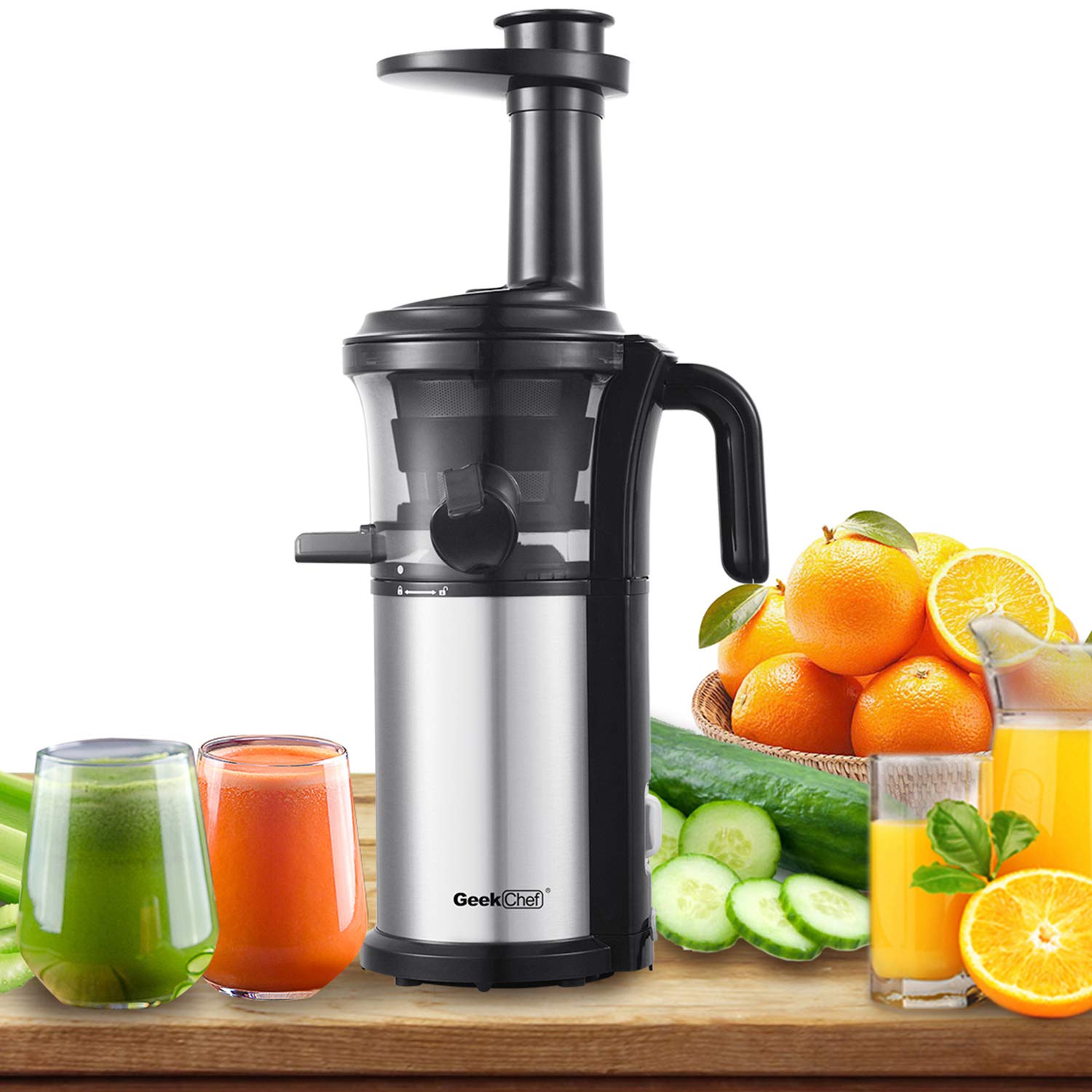
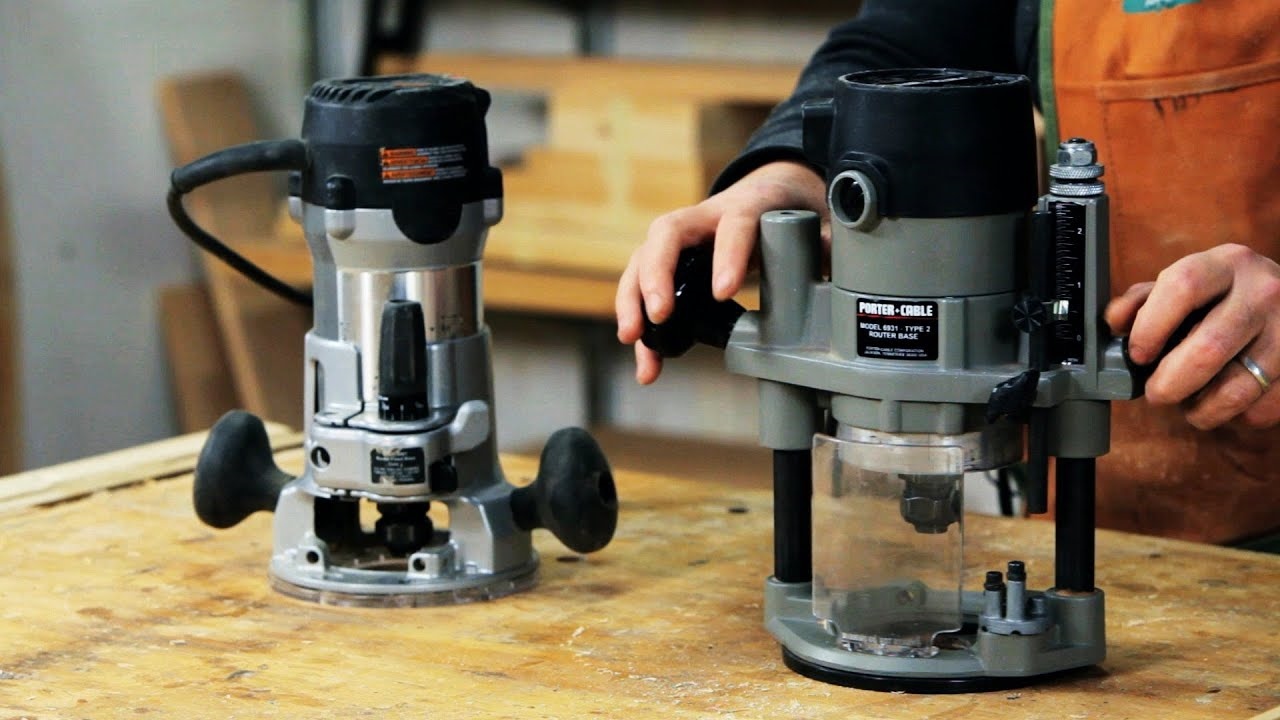
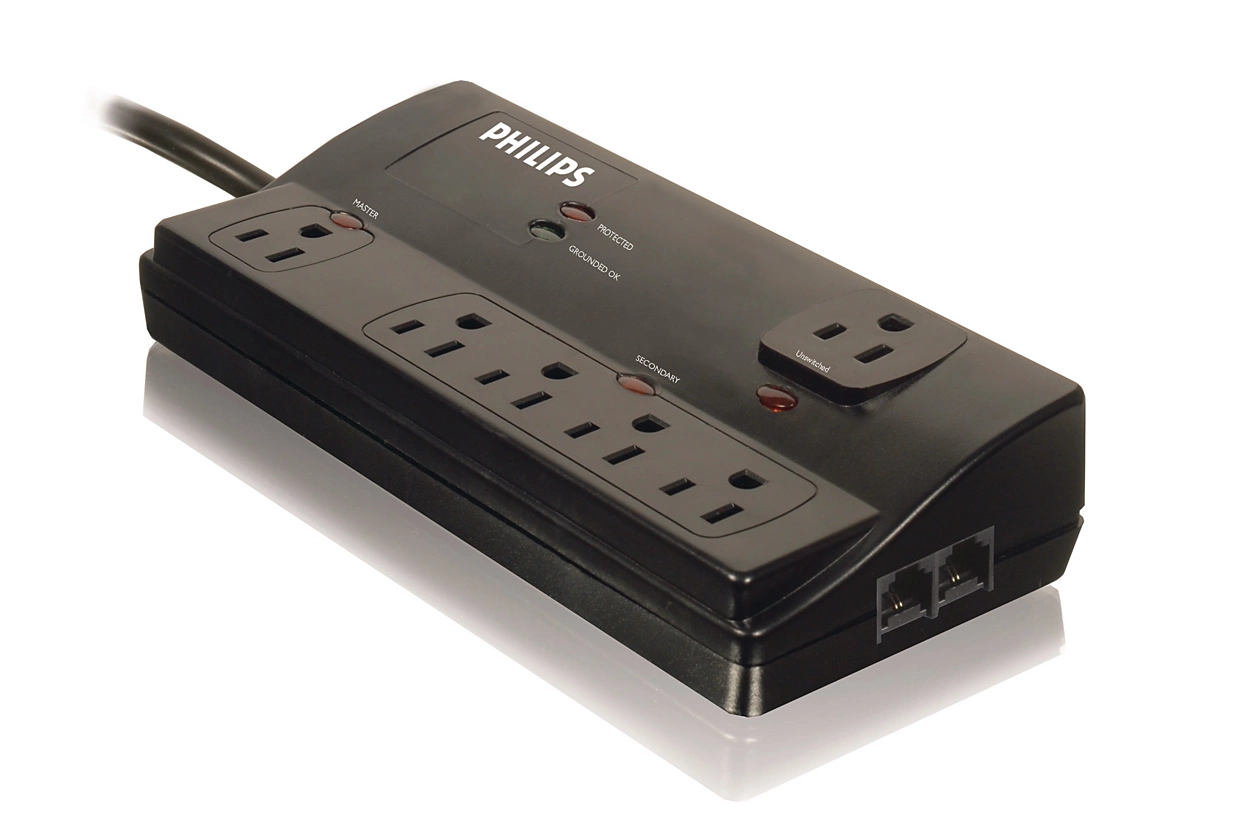
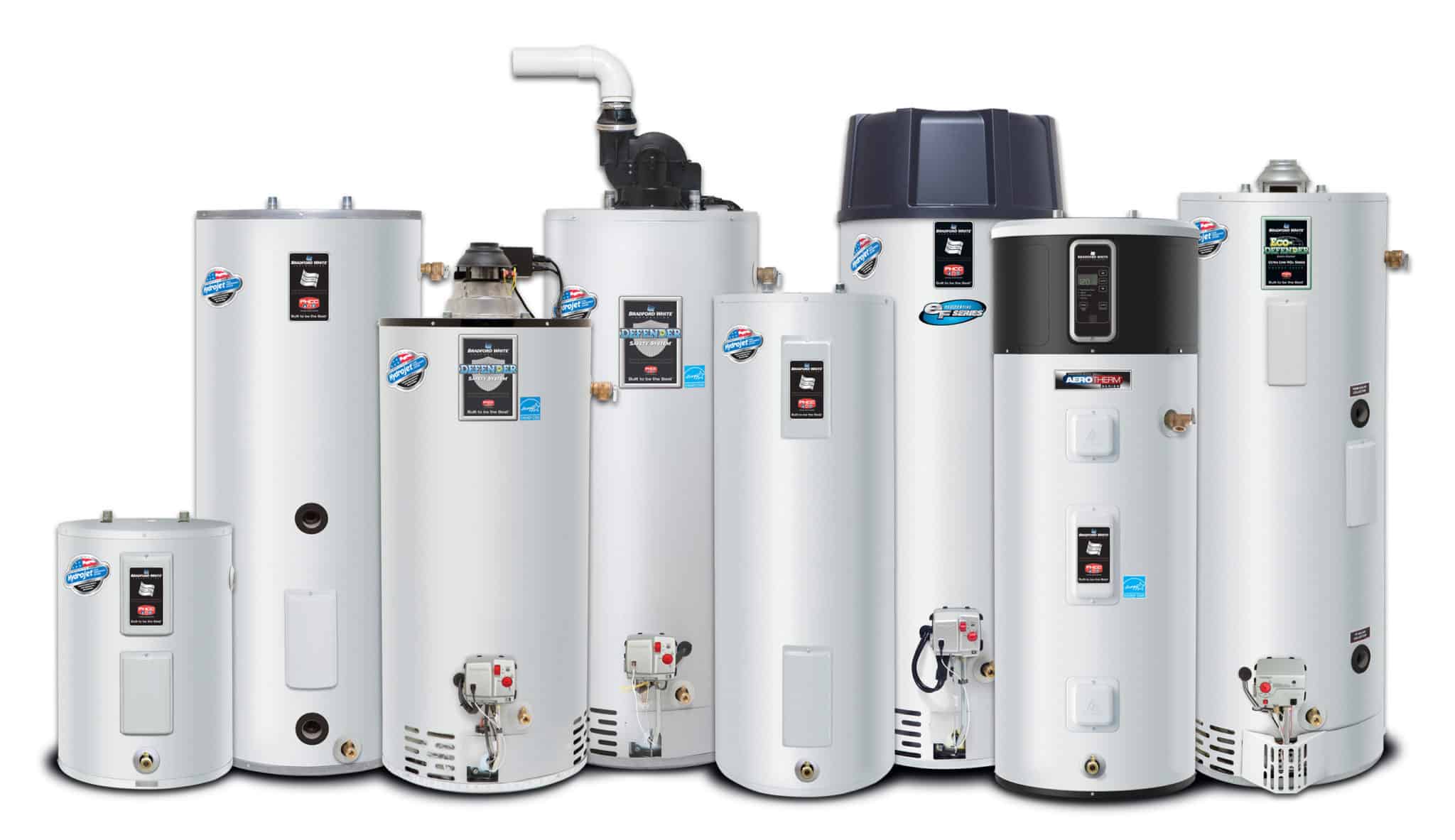
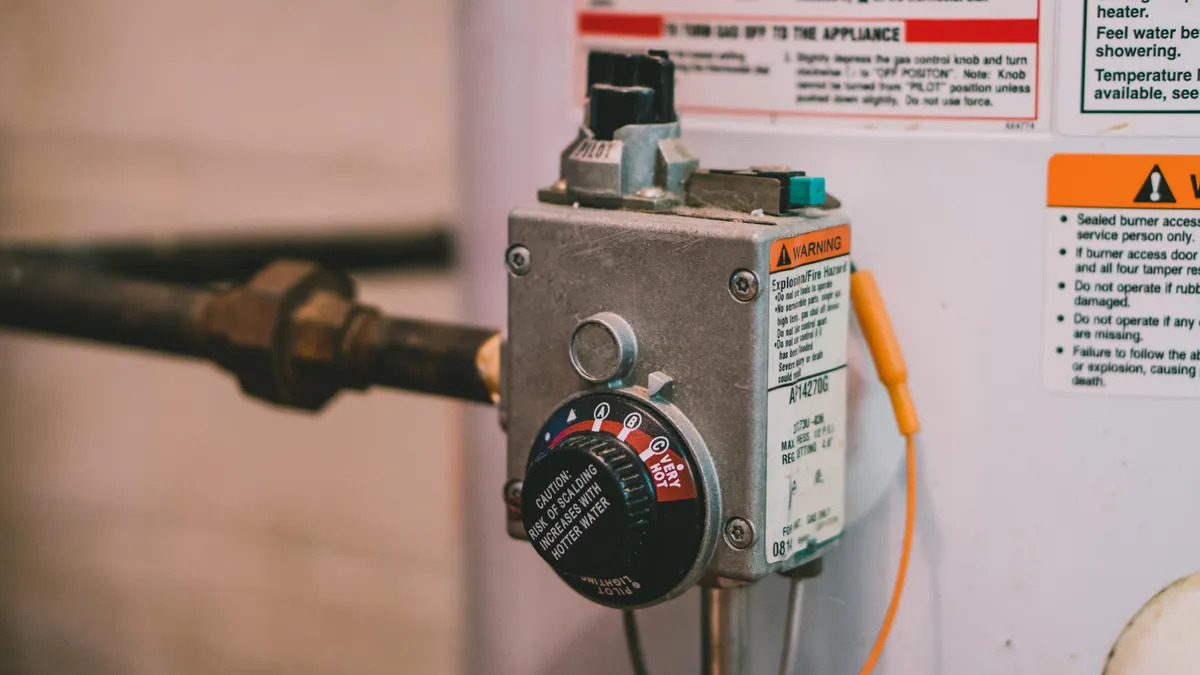
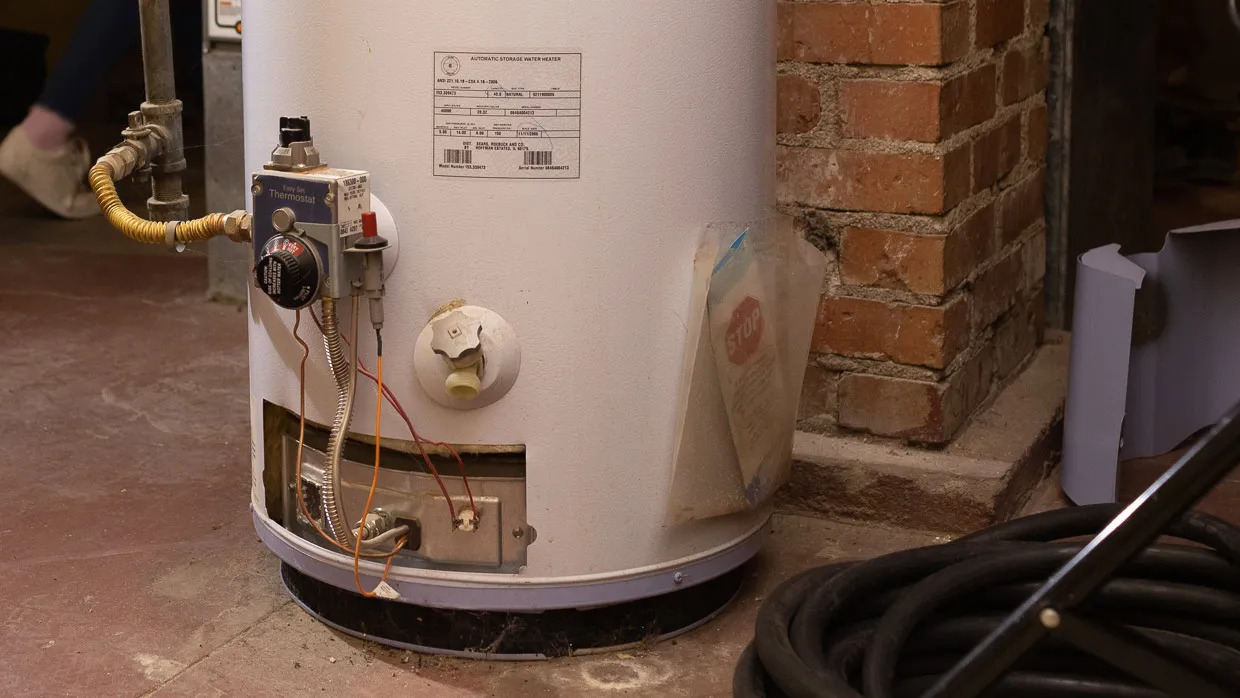

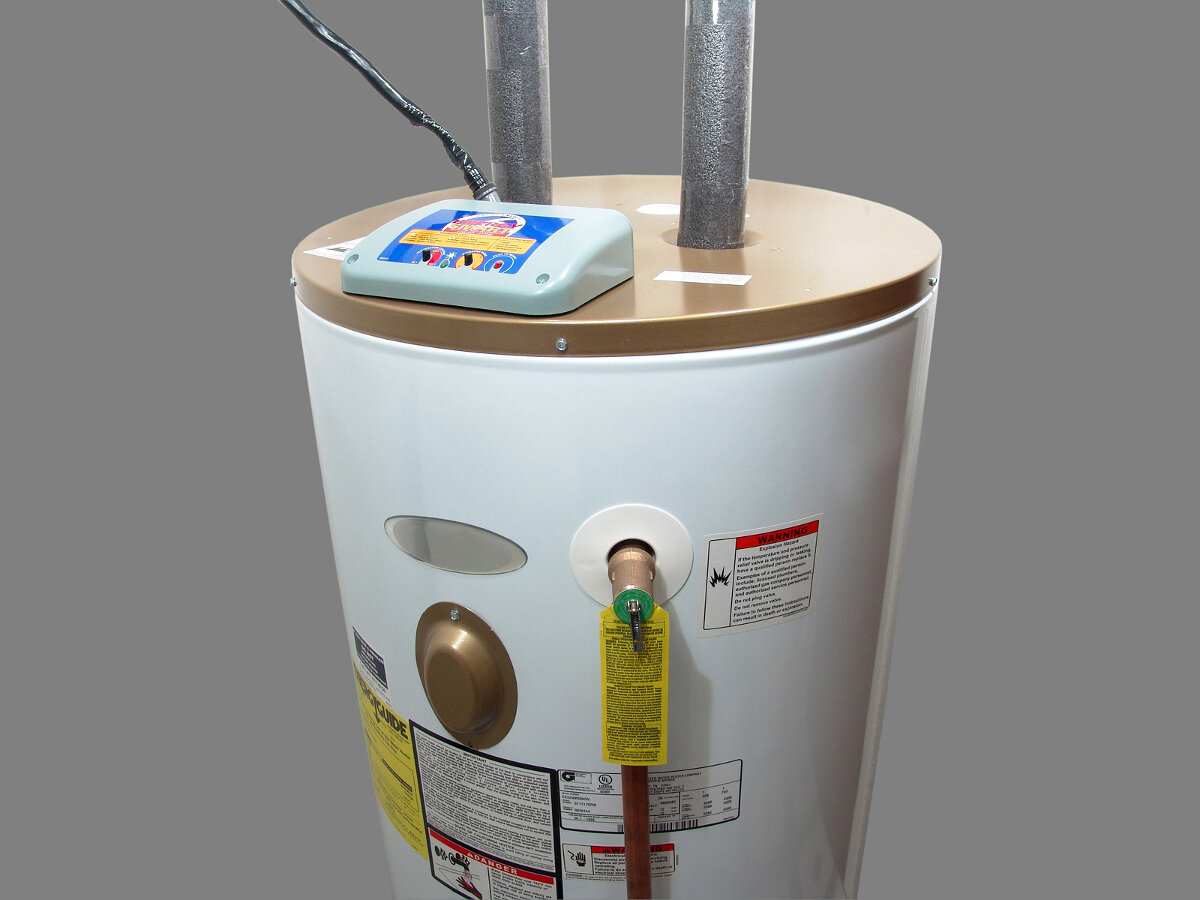
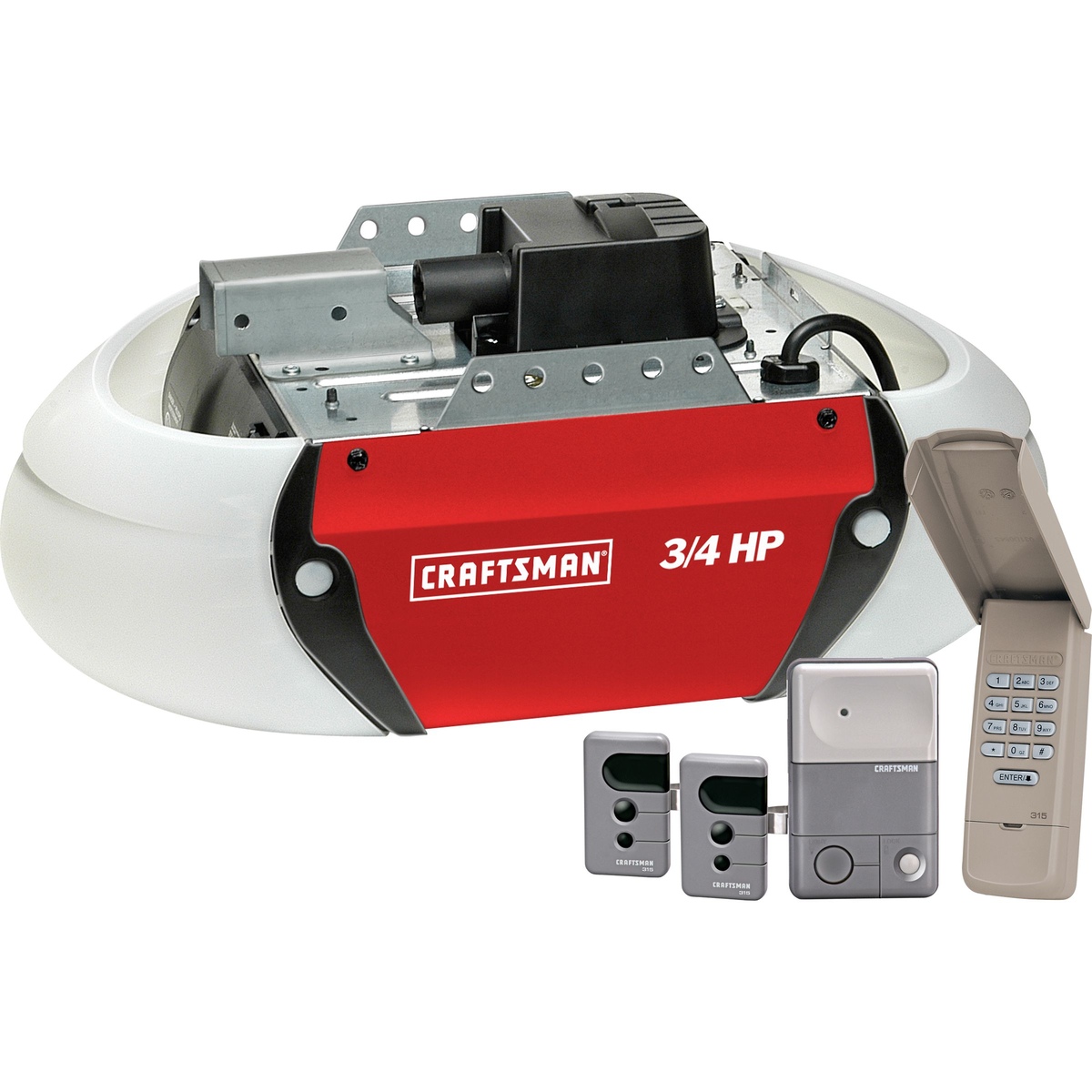
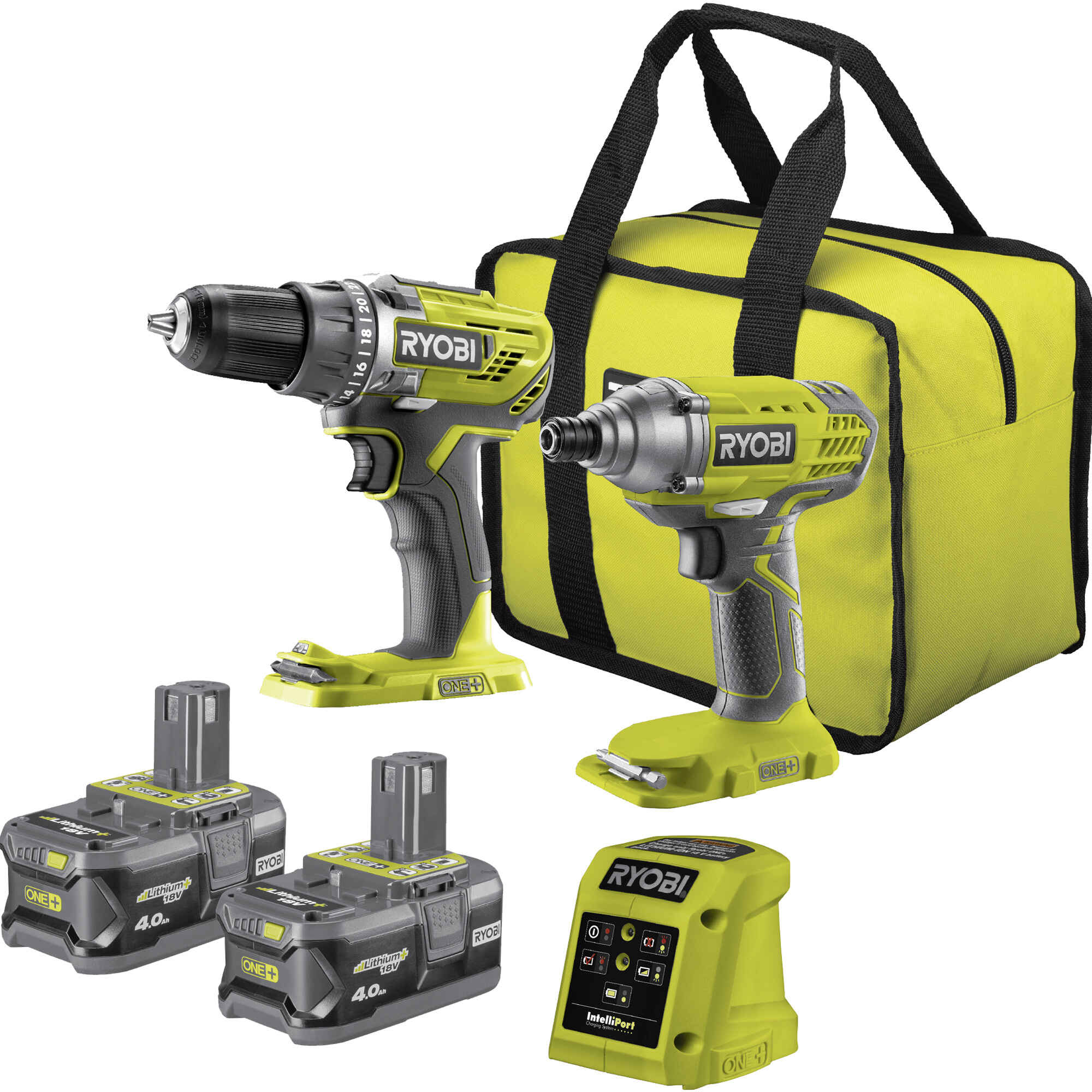
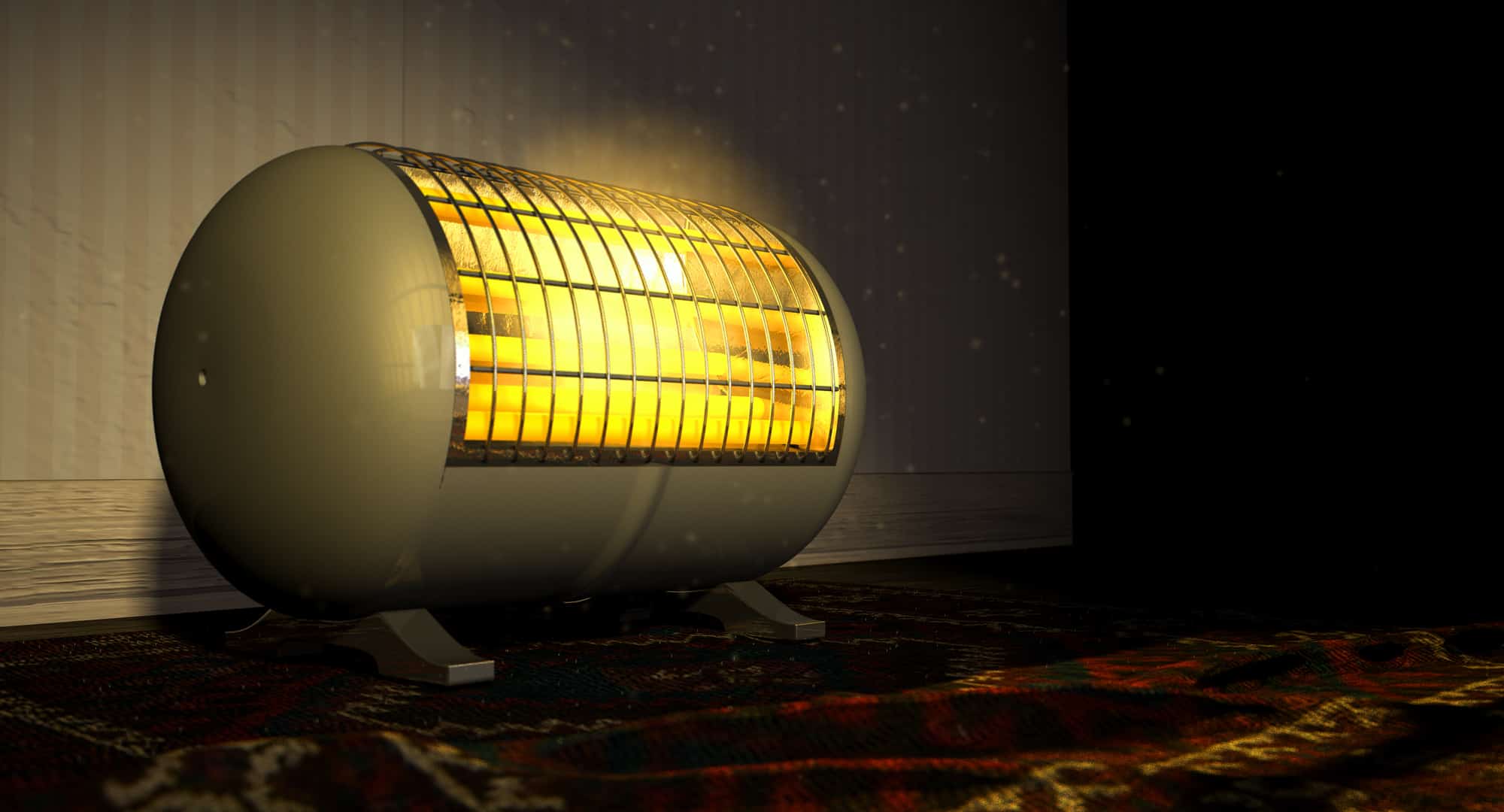
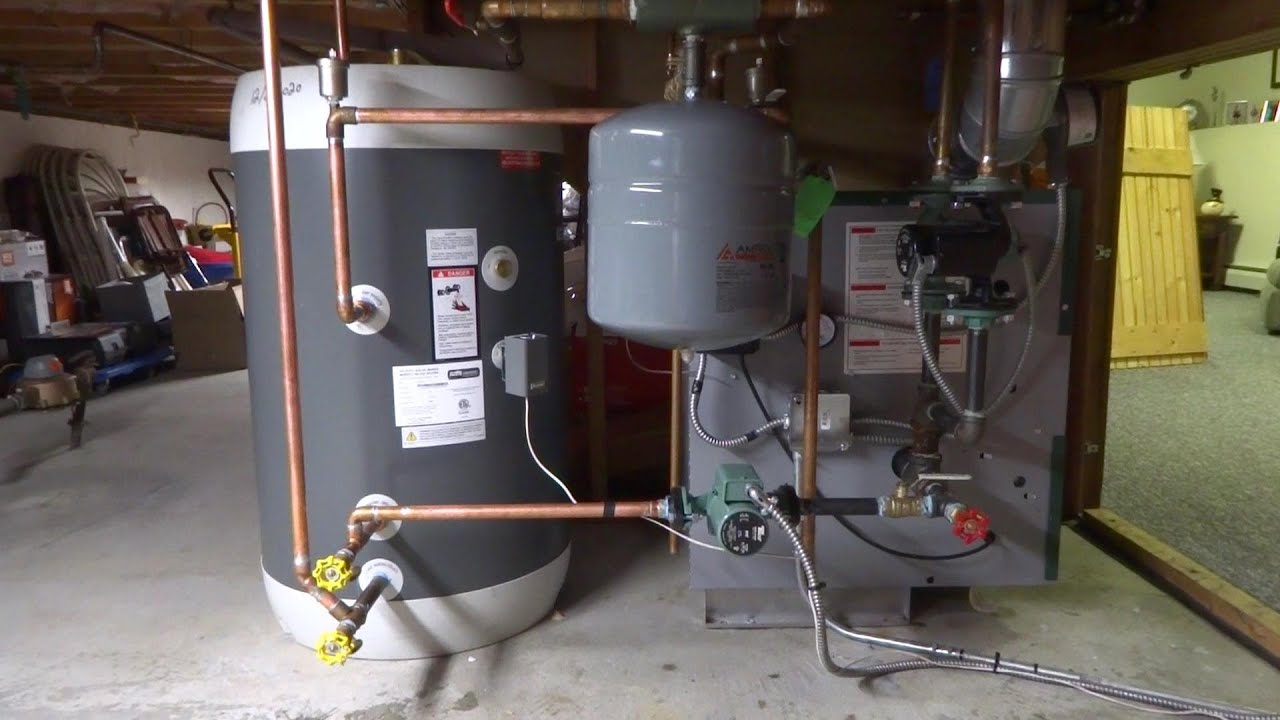

0 thoughts on “What Water Heater Should I Buy”